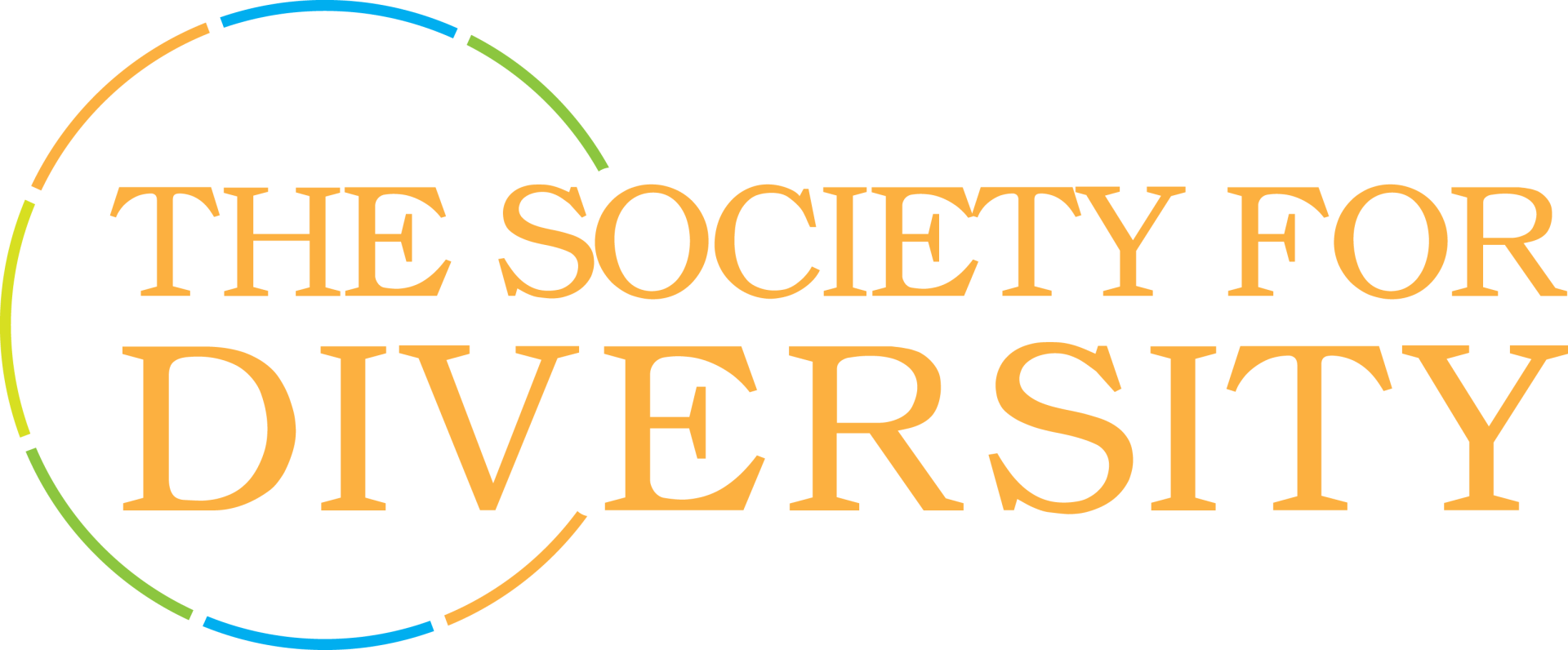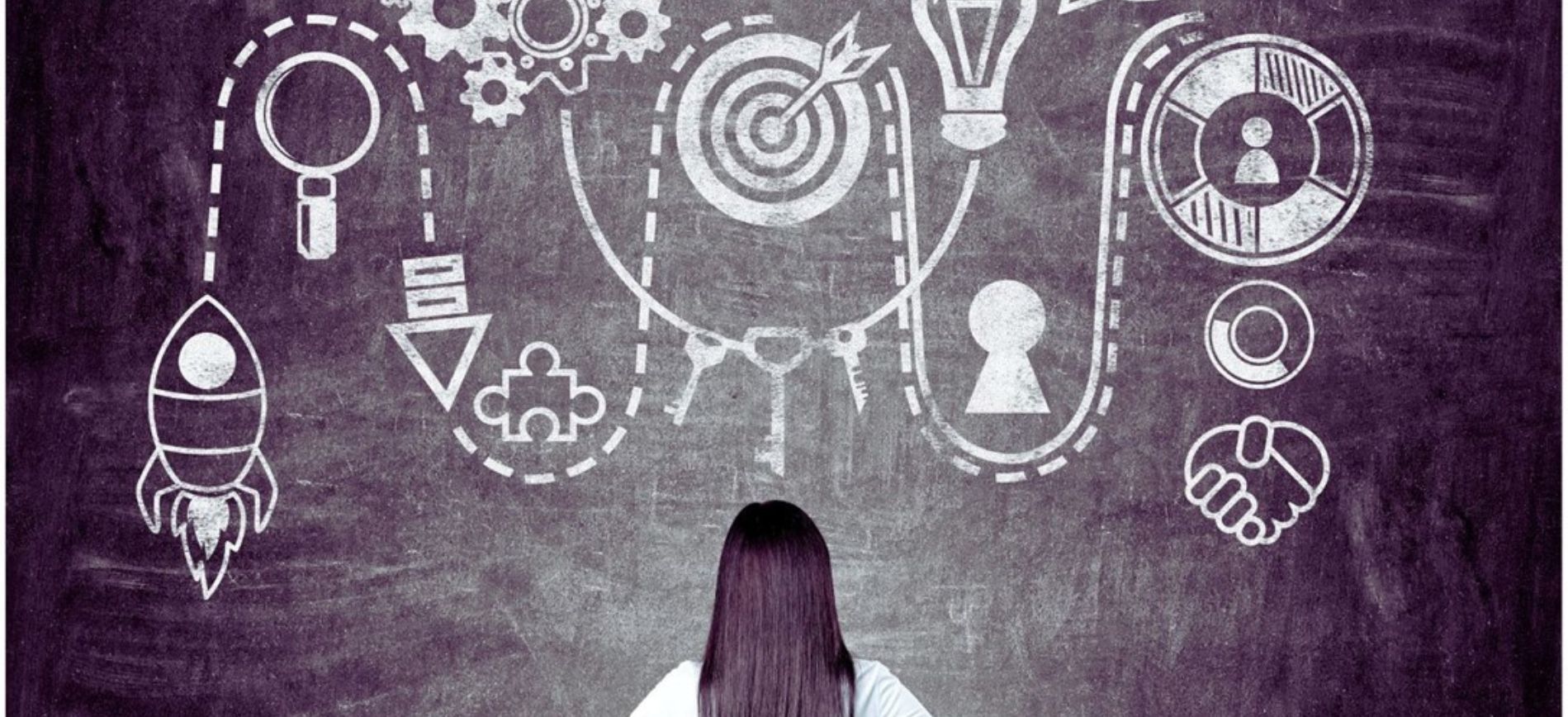The Business Case for Neurodiversity
What is neurodiversity?
Neurodiversity is the natural variation in human brains, which includes conditions such as autism, ADHD, dyslexia, and dyspraxia. These conditions are often characterized by differences in how people think, learn, and process information. Neurodiversity is a spectrum, and there is no one-size-fits-all definition of what it means to be neurodiverse.
Why is neurodiversity important?
In recent years, there has been a growing recognition of the business case for neurodiversity. Research has shown that neurodiverse employees can bring unique skills and perspectives to the workplace, which can lead to increased creativity, innovation, and productivity.
What are the benefits of neurodiversity in the workplace?
- Creativity and innovation: Neurodiverse employees are often highly creative and innovative thinkers. They may have different ways of approaching problems, which can lead to new and innovative solutions.
- Attention to detail: Some neurodiverse employees have a heightened attention to detail, which can be beneficial in roles that require accuracy and precision.
- Problem-solving skills: Neurodiverse employees often have strong problem-solving skills. They may be able to see patterns and connections that others miss, which can help them to solve complex problems.
- Communication skills: Neurodiverse employees may have different communication styles, but they can still be effective communicators. They may be able to communicate clearly and concisely, or they may be able to communicate in a way that is creative and engaging.
How have neurodiverse employees contributed to innovation and productivity?
- Danielle Brown: Danielle Brown is the Chief Legal Officer of Google. She is also autistic. Brown has spoken openly about her autism and how it has helped her to be a successful leader. She said that her autism gives her a unique perspective that helped her to solve complex problems and make innovative decisions.
- Scott Adams: Scott Adams is the creator of the Dilbert comic strip. He is dyslexic. Adams has said that his dyslexia helped him be a more creative thinker. He also said his dyslexia forced him to develop strong problem-solving skills.
- Temple Grandin: Temple Grandin is a professor of animal science at Colorado State University. She is autistic. Grandin is known for her work on animal welfare. She has developed innovative methods for handling livestock that have improved the lives of millions of animals.
Research on the benefits of neurodiversity in the workplace
The University of California Los Angeles found that neurodiverse employees are more likely to be promoted than their neurotypical colleagues. The study, which was published in the journal Nature Human Behaviour, found that neurodiverse employees were 1.3 times more likely to be promoted than their neurotypical colleagues.
The study also found that neurodiverse employees were more likely to be satisfied with their jobs and to have a stronger sense of belonging at work.
Another study by SAP, also published in Nature Human Behaviour, found that neurodiverse employees are 2.5 times more likely to be innovative than their neurotypical colleagues.
Conclusion
The business case for neurodiversity is clear. Neurodiverse employees can bring unique skills and perspectives to the workplace, which can lead to increased creativity, innovation, and productivity. If you are looking for ways to improve your company's bottom line, consider hiring neurodiverse employees and creating a neuroinclusive workplace.
The 2023 Neurodiversity Summit: Wired for Success
Learn more about neurodiversity at the 2023 Neurodiversity Summit: Wired for Success!
A two-day event exploring the business case for neurodiversity, Wired for Success features keynote speakers, panel discussions, and workshops on topics such as hiring neurodiverse employees, creating a neuroinclusive workplace, and the benefits of neurodiversity for innovation.
Disclaimer: Content on this blog is authored by multiple sources. While we do make every attempt to proofread and fact-check, unless authored our staff, the views expressed do not necessarily reflect those of The Society for Diversity and the Institute for Diversity Certification.






